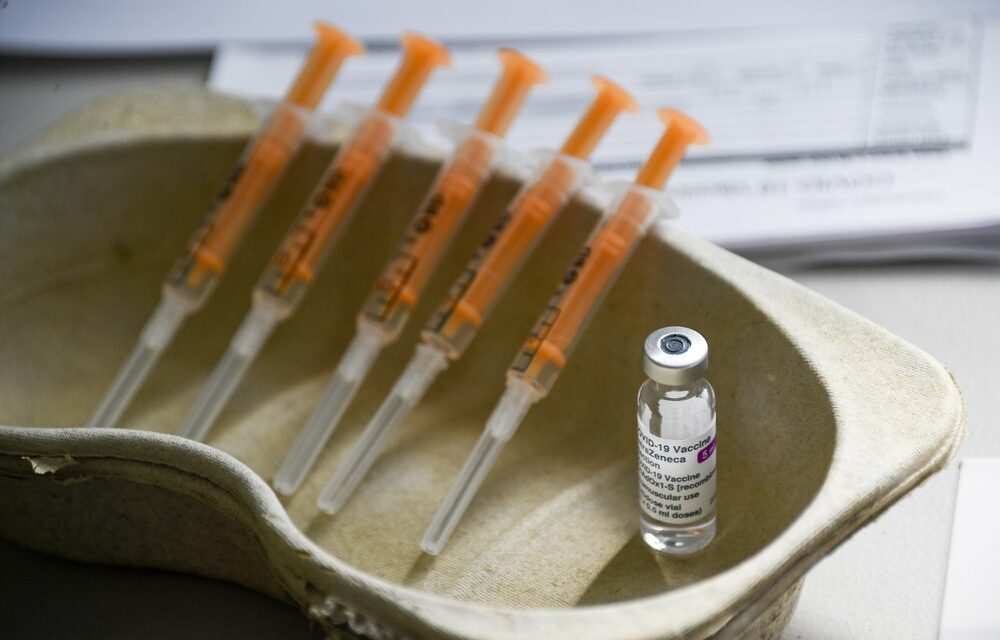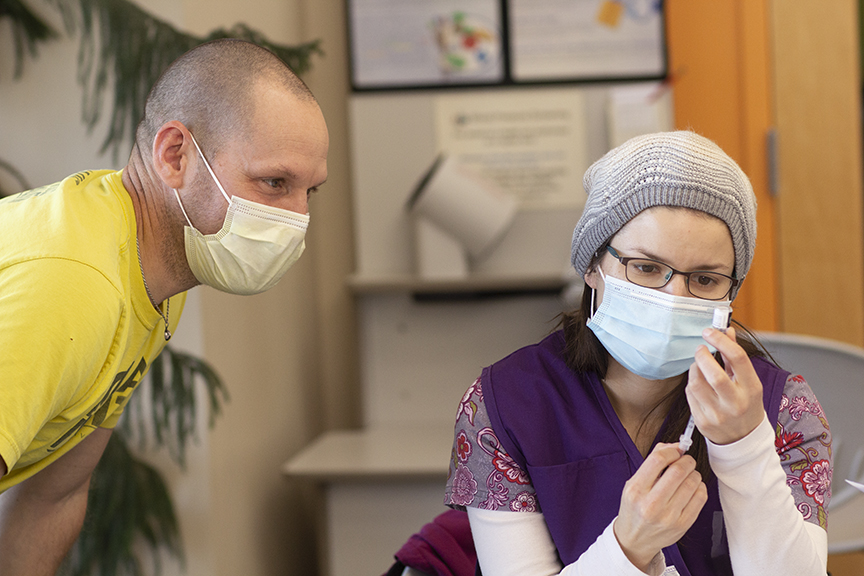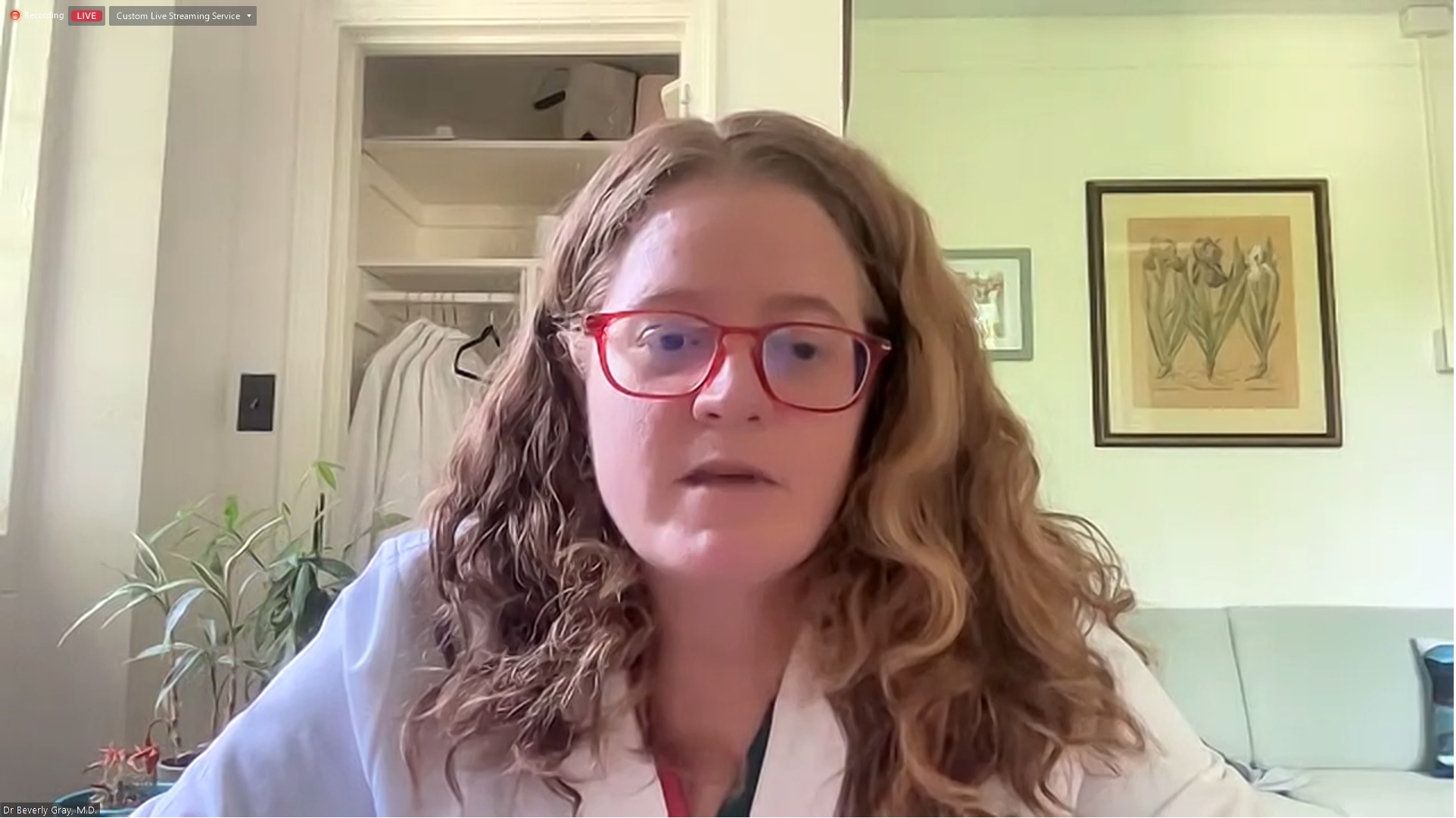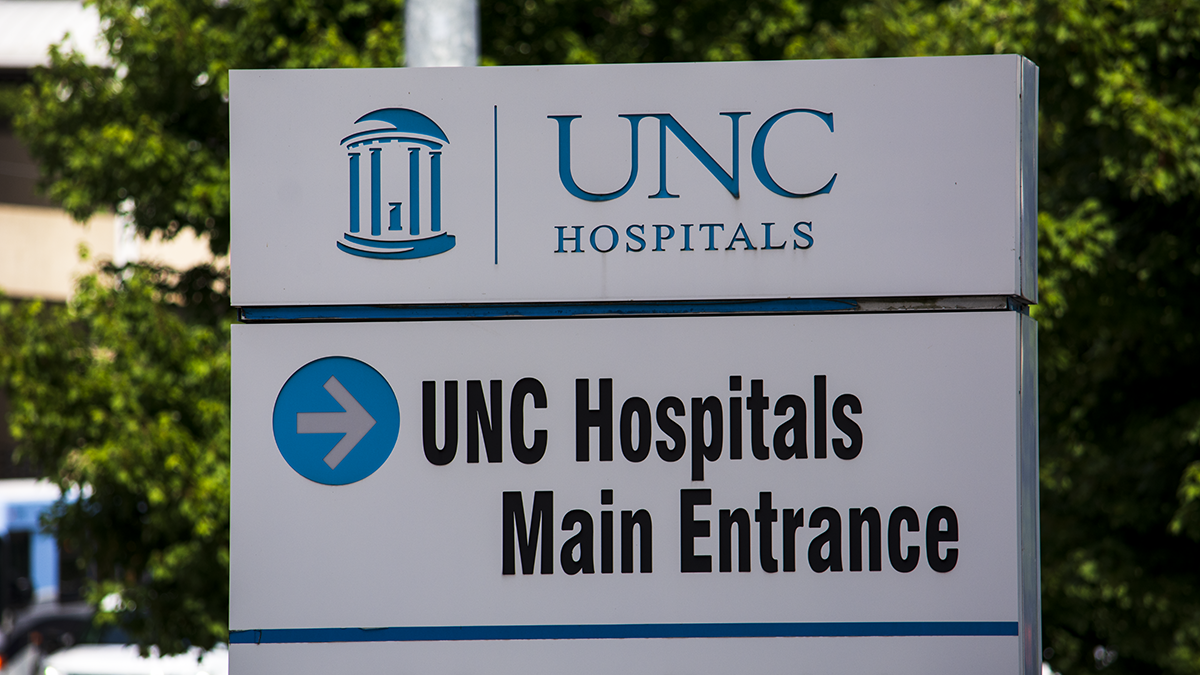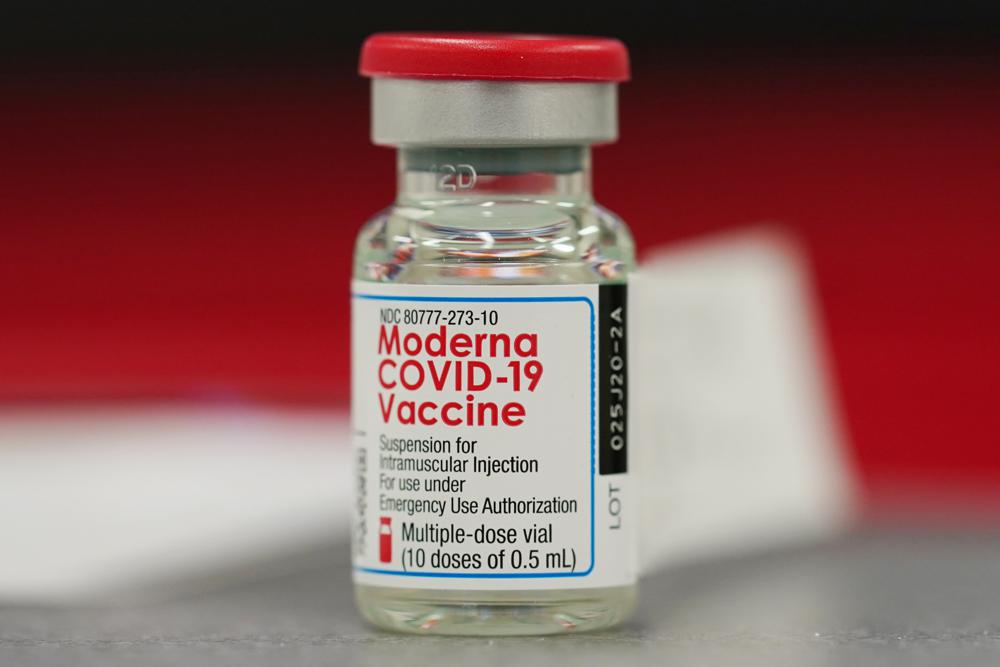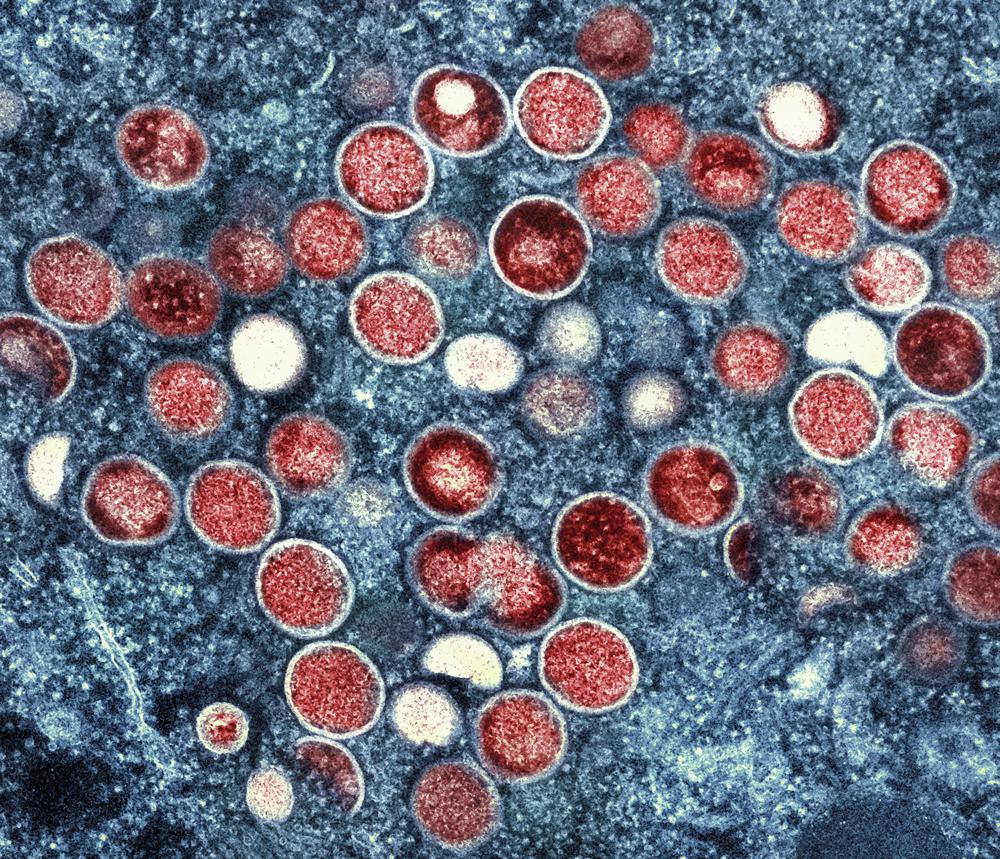The delta variant of the COVID-19 virus is causing a surge of cases across North Carolina. These cases have led to increased hospitalizations, largely among unvaccinated people.
The variant now accounts for more than 80 percent of COVID hospitalizations in North Carolina, which have more than doubled in the past month.
Cameron Wolfe, an infectious disease expert at Duke Health said he believes the rising trends will unfortunately continue for the next several weeks as the variant spreads.
“It is baked into the system that the number will go up for at least a couple of weeks, Wolfe said. “People have to be aware that is going to happen.”
Increases in hospitalizations are due to the delta variant being more transmissible and severe than the original strain of the virus.
Wolfe said the variant has also condensed the timeline for infection. While the original strain of the virus had an incubation period around two weeks, early data suggests the delta variant incubation is much shorter.
David Montefiori studies the effectiveness of COVID vaccines against new variants at Duke Health. He said there have been hundreds of variants of the COVID virus, but the delta variant has quickly out competed all other strains.
“It is now at a level where it is much, much more contagious than it’s ever been before,” Montefiori said. “Unless we can shut this pandemic down, it’s possible that this virus is going to continue to be even more contagious and be even more of a problem.
Montefiori said variants of the virus have the potential to emerge each time it is transmitted from one person to the next, therefore the best way to shut down the virus is to get vaccinated. He said vaccinations have proven effective in preventing more variants from emerging because vaccines help stop transmission.
Breakthrough infections among those who have already been vaccinated have risen amid the delta variant spread. While these cases are often much milder and rarely lead to hospitalizations, they’re still transmissible.
The increase in cases from the delta variant led the Centers for Disease Control to announce recommendations for mask wearing indoors, regardless of vaccination status. Duke University also announced Wednesday it will be requiring masks in all indoor spaces, regardless of vaccination status.
Wolfe said masking still proves to be an easy tool to keep everyone safe from infection.
“Proximity matters, ventilation matters — hence outdoors is typically a lower risk than indoors — and vaccination status matters,” Wolfe said. “If all of those are still present, then a mask helps further to reduce the dispersion of active viral particles.”
Wolfe said the need for masks is heavily event-dependent, but adding an extra layer of protection is always beneficial.
One of the reasons the delta variant has caused a high number of infections is because COVID-19 vaccination rates have plateaued across North Carolina, which has been largely due to vaccine hesitancy. The state Department of Health and Human Services currently reports 50 percent of its population having received at least one dose, while 47 percent is fully vaccinated against the coronavirus.
Montefiori said one of the most common fears about the vaccines is the technology is too new and therefore underdeveloped.
“You can think of these new technologies as new iPhones of vaccines,” he said. “You want to be one of the first in line to get one while supplies last. Fortunately, supply hasn’t been an issue for COVID vaccines. They’re readily available and they’re free.”
Montefiori said he sees turning down a vaccine is akin to turning down a free phone, except this “phone” helps save lives and end a pandemic.
Photo via Alberto Pezzali/Associated Press.
Chapelboro.com does not charge subscription fees. You can support local journalism and our mission to serve the community. Contribute today – every single dollar matters.

